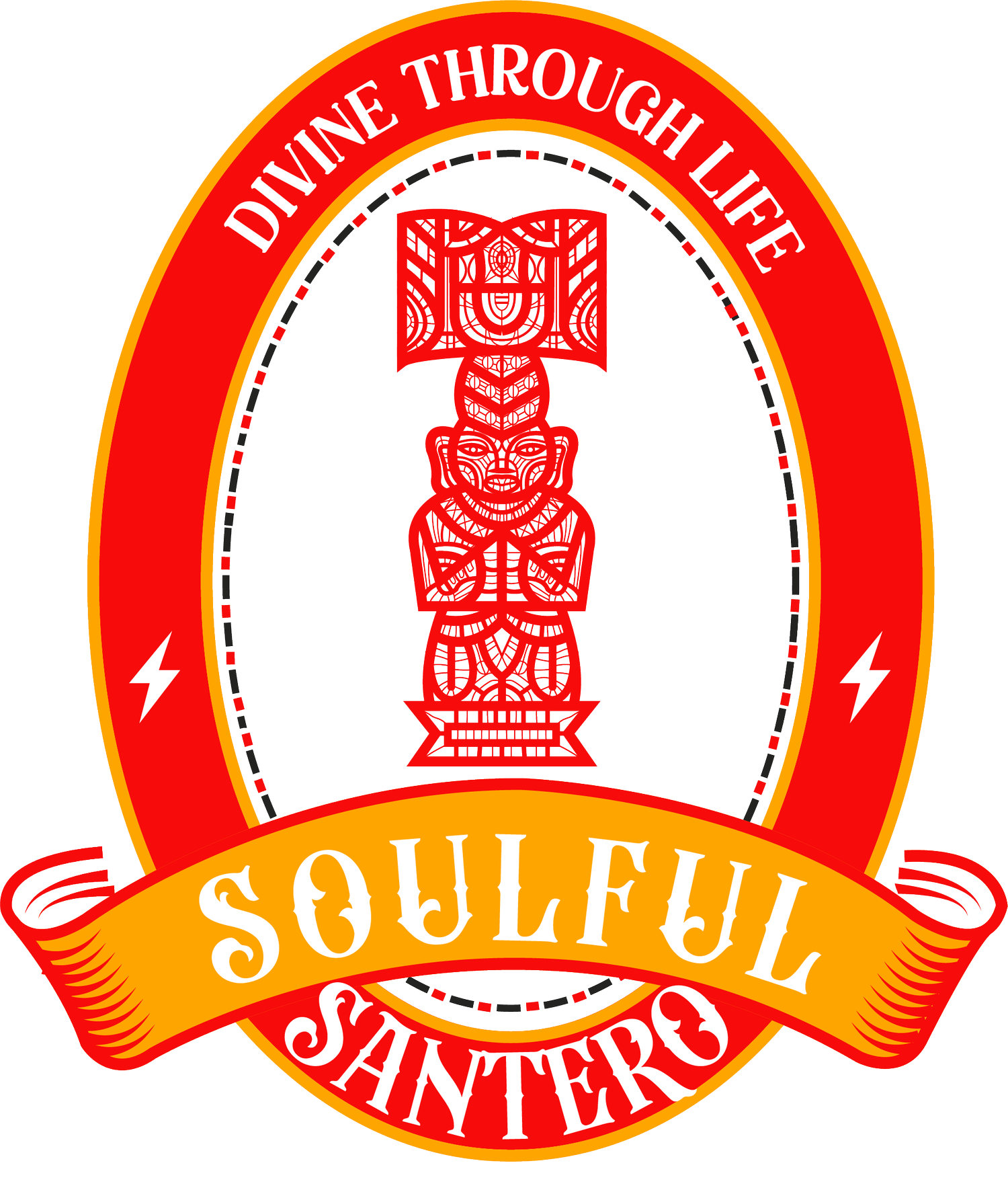GOOD GRIEF: SOME THOUGHTS ON THE BEREAVEMENT PROCESS
I have been in professional ministry for over 20 years, and more than half of that has been spent serving patients and their families and caregivers in End of Life care. When they learn that that’s my day job, many people immediately say, “Wow…that’s pretty amazing! I could never do that!” This usually makes me chuckle because there are just as many jobs in the world I could never do. But I guess that’s just how it is.
One of the most challenging grief moments I experienced, one that showed me how deep death avoidance can go in a family, was during the last time my father was hospitalized before his death. We all knew he was not doing well by then. But we were not in the same place as a family about handling it. A big chunk of the family was Pentecostal, and their answer to EVERYTHING was to pray, pray, and then give my dad Holy Communion every day (whether he wanted it or not). His pastor never darkened the hospital doorstep, so I became my father's de facto pastor and chaplain.
I did this very reluctantly. My heart was not in doing any spiritual work whatsoever because my heart was breaking at losing one of the most important figures of my life. I remember, most days, it took willpower to keep going to the hospital, wondering if that day would be the last. It eventually came to a head with my family because I was also feeling a lot of emotional distress from being in two significant roles when all I wanted to do was be a son.
So I did what I knew to do. I called a family meeting and declared that I was no longer playing pastor for my dad or family. That if they wanted him to get that sort of spiritual care, they needed to call his pastor and verbally kick that pastor’s ass to get to the hospital and visit his parishioner. That it was unfair to ask me to do it. And that I did not fully agree with the level of anxiety playing itself out with weaponized prayer and overusing the sacrament. I say weaponized prayer because the doctors were telling us his condition was grave. The over-fixation on prayer created familial avoidance where no one was talking about what we were told, let alone beginning to prepare ourselves for losing our family Patriarch.
These are all reasonably typical grief dynamics for a family struggling to accept the loss or impending loss. A lot of people don’t know what to do with their grief. I have heard this and stories similar to my own so much that it made me start to see that, in American culture generally, we are death-avoidant. The epitome of that for me is when I meet a new family that asserts— very strongly—that my hospice colleagues and I are not to tell the patient we work for hospice or that the patient is on hospice themselves. Then I walk into the patient’s room, and the FIRST thing they say is, “So, I know I’m dying. Can we talk about that?”
Like in my family, there is a disconnect. Often, it is well-meaning, too. The adult kids are just being protective of their dying parent’s feelings. They may hold cultural fears that talking about death automatically BRINGS Death faster. Honestly, though, what tends to bring death faster is when everyone in a family is avoiding the talk with their dying loved one, and that loved one knows they are dying. It will make a person start to feel crazy. And sometimes, even when they have lost the ability to communicate verbally, we will see a sudden onset of agitation or restlessness with no medical origin.
This moment can be tricky to move through. It takes finesse. It takes timing and waiting for an opportunity, an opening, by the patient or the family. The chief question on the table is, is the desire to keep the person’s demise that they are already aware of about them, or you? Ironically, most of the dying process can become about the people left behind. To a later point, this makes sense, but in the earlier moments, it must first be about the person dying. Getting there, however, is where hospice clinicians come in.
All of these issues and more than I can fit in a post are why I made a one-off on this issue. Yes, it is a piece of occult “tech,” but the course shows one way to move through the avoidance toward an approach that honors the person's life. It is the sort of thing, quite honestly, that I wish I had when I was losing people, like the story I told about my dad. It would not have made everything better or spared me my grief. It would have given me proverbial bread and food for the journey, a net to catch the broken pieces of my heart. I, therefore, commend this course to you and encourage you to take it for a whirl if you have this need in your life or expertise. The class can be found here: https://www.theblackthorneschool.com/courses/good-grief-a-hoodoo-inspired-way-to-move-forward-after-death-comes/.
In the unfortunate losses of your life, may you grieve well.
